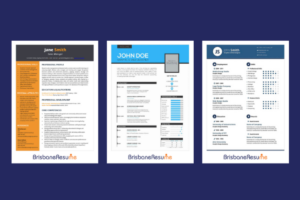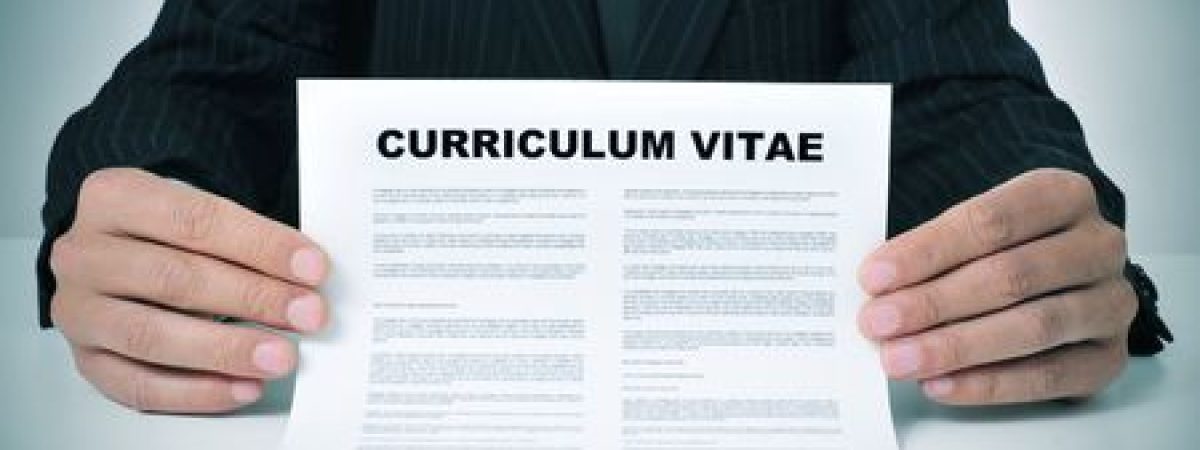
Home » What’s the Difference Between a CV and Resume?

CV and Resume are the same thing, right? In some parts of the world they call it a CV, and in other parts a Resume and, at the end of the day, it’s all the same, right? Well, the answer is no, they are two different documents that serve different purposes.
What is a CV?
CV, or Curriculum Vitae (translates to “course of life” in Latin), is a type of document that aims to showcase your achievements and accomplishments on an in-depth level, primarily within academia. CVs are utilised mostly by persons pursuing positions in academics and/or research, since it focuses on projects and teaching. CVs have to be frequently updated, as it is more of an ongoing account of activities related to the academe. Overall, CV is lengthier than a resume – they can vary from two pages, for someone starting out in graduate school, up to more than ten pages for someone who is holding numerous years of experience, and a long list of publications and projects. Typically, the information is laid out in reverse chronological format.
Your CV should include information including Education, Scholarship or Research Grants, Publications, Research Projects, Professional Memberships, Employment Experience, Contact Information, and your References.
What is a Resume?
A Resume is a concise document that is used to showcase your work experience and work-related achievements. A resume should highlight your professional skills, knowledge, personal attributes, and experiences as it relates to the position for which you are applying. Keywords are huge in a resume, and these will help make it past the recruiter’s screening process. Resumes are typically 1-4 pages in length, and usually are accompanied with cover letters. A cover letter is a quick read that “sells” the candidate, and gives some highlights as to why they are the best candidate for the position, and why the hiring manager should look no further.
Formatting of resumes can vary. It can either be a functional format that highlights your skills and experiences; a chronological format that lists your skills and main achievements sorted based on the date of occurrence; or a combination of the two where the focus is spread across to present a different focus for the targeted audience.
Resumes include information such as Name, Contact Details, Professional and Personal Skills, Work Experience, Achievements, and Education and Qualifications.
When to use which type of document?
You will want to use a CV when applying for research positions, education, academic, scientific, fellowships, grants and international positions. For other types of positions within industrial, commercial, corporate, or local settings, you will use a resume.
When in doubt, you could always turn to a professional resume writer to support you in determining and creating the perfect document for your targeted role.
For more information on how you could avail of professional resume writing services with assistance from degree qualified professionals, please contact 1300 174 435 or send an email to [email protected]
Ground Floor, 162 Macquarie Street, Hobart 7000
Call us: 1300 174 435
Email us: [email protected]